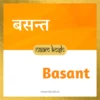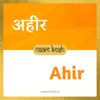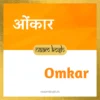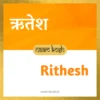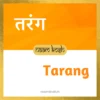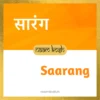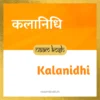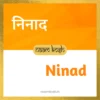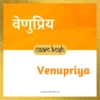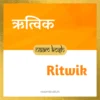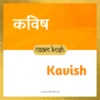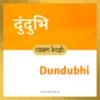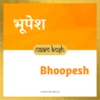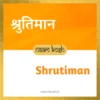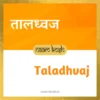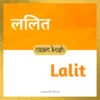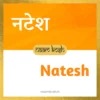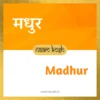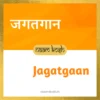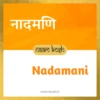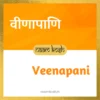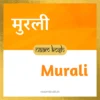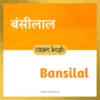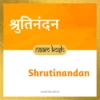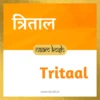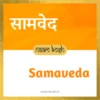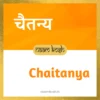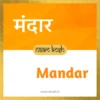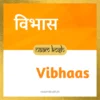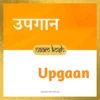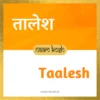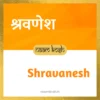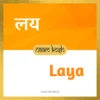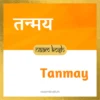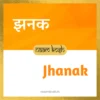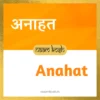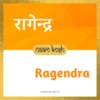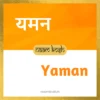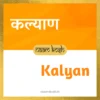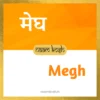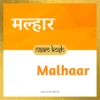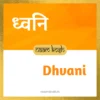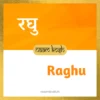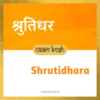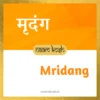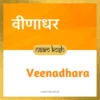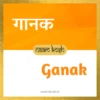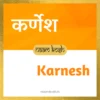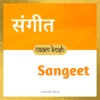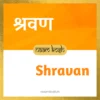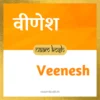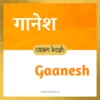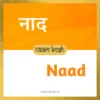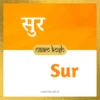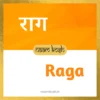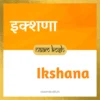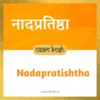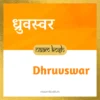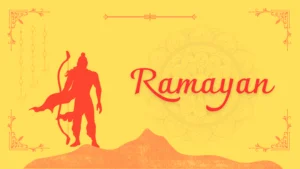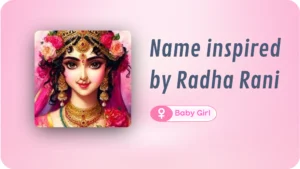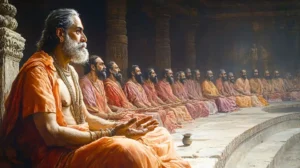Give your baby boy a melodious name that proudly reflects the exquisite art and music of India.
In the symphony of existence, every name carries a melody—a divine sound that resonates with the essence of who we are. Just as the sacred notes of music uplift the soul and weave the fabric of our reality, a name bestows upon a child a unique vibration, guiding them through the rhythms of life.
As I reflect on the beauty of melodious names for baby boys who love to shine, I am reminded of the ancient teachings that emphasize the significance of music in our spiritual journey. Music in its highest form is a pathway to the divine a means to connect with the Infinite.
It is through this harmonious connection that we awaken our true selves and enlighten our paths. Just as Lord Krishna enchants the world with his flute the names we choose for our children can evoke the same enchantment encouraging them to resonate with their higher purpose.
As parents, we hold the power to nurture not just a being, but a soul that is intertwined with the cosmic melody of life. Therefore, selecting a melodious name for a baby boy is a sacred responsibility—a chance to instil in him the brilliance of light, creativity, and the profound beauty of existence itself. Let us explore the names where every syllable sings the praises of the universe and every name is a note in the grand composition of life.
Top Music-Inspired Baby Boy Names with Meanings
Here is a curated list of the best names for baby boys with meaning inspired by the enchanting world of music, harmoniously rooted in Hindu traditions from India. From Sanskrit names to modern, unique options that resonate with your heart, choose a meaningful name that will beautifully reflect your child’s identity.
Renewal, rejuvenation, and prosperity
Protector, Devotee, Ahir Bhairavi rag is a popular rag in Hindustani music
"Omkar" essentially means "one who embodies or is associated with the sound 'Om'" or "the creator of Om."
"Lord of Truth" or "God of Rhythm."
"melody" or "musical harmony."
"treasure of art" or "wealth of skills," symbolizing a person who possesses great artistic talents and skills.
"sound," "echo," or "noise"
"beloved of the flute" or "one who loves the flute."
"priest," "sage," or "performer of sacred rituals."
King of poets; Lord of poets
divine drum or kettle drum
King of the Earth or Lord of the World
"one who possesses knowledge," "wise," or "intelligent."
"one who carries the banner of rhythm" or "one who is as steadfast as the palm tree."
Beautiful, charming, graceful, elegant, playful
"Lord of Dance" or "King of Dancers"
"sweet" or "pleasant." It often conveys the idea of sweetness in personality, character, or nature.
"the one who sings the world" or "the world singer."
"jewel of sound" or "gem of melody."
The name "Murali" translates to "flute" in Sanskrit. In Hindu culture, it often refers to the musical instrument associated with Lord Krishna, who is famously depicted playing the flute, enchanting all living beings with its melodious sound.
"the dear one who plays the flute," signifying charm, melodiousness, and the divine love that Lord Krishna represents.
"the son of the sacred teachings" or "delight of the Vedas." This reflects a strong connection to knowledge, wisdom, and spirituality.
The name Tritaal translates to "three beats" or "three rhythms." In a broader spiritual context, it can symbolize harmony and balance, often associated with the rhythmic patterns in music or life.
"the Veda of Chants" or "the Veda of Melodies."
"consciousness," "spirit," or "awareness."
Wish-fulfilling tree, celestial tree
"shining," "luminous," or "radiant". Vibhaas also signifies the dawn, the time when light breaks through darkness, marking new beginnings and hope.
“a song of praise” or “hymn sung in proximity or devotion”.
Lord of rhythm or Lord of music., It can also signify one who governs time and rhythm.
"Lord of Listening" or "Master of Hearing."
"rhythm," "melody," or "harmony."
"engrossed," "absorbed," or "deeply focused." It suggests a person who is immersed in their thoughts or actions, indicating a state of deep concentration or devotion.
"the one who is bright" or "the one who is luminous." It can also be associated with light, brilliance, or radiance, often symbolizing clarity and positivity.
"unstruck" or "unbeaten." In spiritual contexts, it refers to the "unstruck sound," often associated with the inner voice or the divine sound that arises from the heart, symbolizing purity, bliss, and eternal love.
"one who is melodious" or "musical." It can also imply someone who possesses a sweet voice or is skilled in music and arts. The name embodies harmony and beauty, reflecting qualities often associated with music.
Ragendra means "King of Love" or "Lord of Passion." The name combines two Sanskrit words: "Raga," which signifies love, melody, or passion, and "Indra," which means king or lord.
The name Yaman means "one who is soothing" or "a person who brings peace." It is often associated with musical connotations, as Yaman is also the name of a Raag (melody) in Indian classical music, which evokes feelings of tranquility and serenity.
Kalyan translates to “welfare,” “blessed,” “auspicious,” or “well-being” in Sanskrit. The name signifies something that is beneficial, prosperous, and leads to overall happiness and success.
Cloud, Symbolizes rain, fertility, and abundance.
"One who brings rain", "melody of the rains"
Dhvani translates to "sound," "tone," or "resonance" in Sanskrit. It reflects the idea of audible vibrations or sound energy that carries meaning or emotions. It also symbolizes the essence of communication and expression.
Swift, fast, radiant, or one who moves quickly
"Bearer of divine knowledge" or "One who holds sacred wisdom."
"Mridang" means "earth" or "clay." It can also refer to the traditional Indian percussion instrument known as the "mridangam," which is made from clay and wood.
The name "Veenadhara" is derived from two Sanskrit words: "Veena" and "Dhara." "Veena" refers to a traditional Indian stringed musical instrument, symbolizing music and artistry. "Dhara" means "one who holds" or "bearer." Therefore, Veenadhara can be interpreted as "the one who holds the Veena" or "the bearer of music."
Ganak translates to "one who sings" or "singer" in Sanskrit. It denotes a person associated with music and melody.
Lord of mercy, Lord of Mercy, Compassion, Benevolence and Kindness.
Sangeet means to "music" or "musical" in Sanskrit. It is often associated with the arts, particularly the classical music and dance forms of India.
Shravan translates to “one who hears” or “ear” in Sanskrit. The term is often associated with listening, learning, and understanding.
The name Veenesh translates to "Lord of the Veena" or "God of Music." It combines "Veen," which refers to the traditional Indian musical instrument known as the Veena, and "Ish," which means lord or god.
Gaanesh translates to “Lord of the Multitudes” or “Lord of the Ganas.” In Hindu tradition, Ganas are the groups of celestial beings or attendants of Lord Shiva.
Naad (नाद) translates to "sound" or "tone" in Sanskrit. It is often associated with the vibrational essence of the universe and signifies the cosmic sound that permeates all of creation. In spiritual contexts, it represents the subtle sounds or vibrations that connect the physical and metaphysical realms.
In Sanskrit, "Sur" can mean "divine," "heavenly," or "God-like." It is often associated with beings of higher spiritual status."Sur" also refers to "light" or "brightness," symbolizing purity and enlightenment.
Raga (राग) translates to "melody" or "musical mode" in Sanskrit. It refers to a framework for improvisation in Indian classical music, characterized by a specific set of notes and an emotional essence.
The name Ikshana means "sight" or "vision." It signifies clarity, perception, and the ability to see beyond the obvious.
"the establishment of cosmic sound" or "the consecration of the divine vibration."
How to Choose the Perfect Name
I approach the sacred art of name selection with profound reverence and intricate understanding. Let me share the wisdom passed down through generations of scholarly tradition.
Astrological Considerations
In our sacred tradition, a name is far more than a mere identifier—it is a cosmic vibration that resonates with the universal energy. When selecting a name, one must carefully align the potential name with the child’s birth nakshatra (lunar constellation). Each nakshatra carries unique energetic qualities that can profoundly influence a child’s life trajectory.
For instance, a child born under Rohini nakshatra might resonate beautifully with names that embody creativity and artistic brilliance, while a Punarvasu nakshatra birth might call for names that reflect adaptability and spiritual wisdom. The alignment is not just a practice, but a profound scientific and spiritual calculation.
Family and Tradition
The name we choose becomes a bridge between our ancestral roots and the contemporary world. In my decades of scholarly research, I’ve observed that the most meaningful names seamlessly blend familial traditions with modern sensibilities. It is an art of delicate balance—honouring our rich cultural heritage while allowing the child’s spirit to shine.
Consider incorporating family lineage names, perhaps modified to suit contemporary pronunciation, or selecting names that carry the essence of family values while feeling fresh and vibrant. This approach ensures that the name carries both historical depth and future potential.
Personal Connection
Beyond astrological calculations and familial traditions, there exists an ineffable, intuitive connection between a name and a child’s inherent personality. As scholars and parents, we must listen deeply—not just with our ears, but with our hearts and spiritual intuition.
Observe your child’s emerging personality. Does the name you’re considering create a harmonious vibration? Does it feel like a natural extension of their being? This soul-level connection transcends mere linguistic or mathematical considerations.
Popular Trends in Melodious and Radiant Names
We are witnessing a remarkable renaissance in naming practices. There is a rising preference for Sanskrit-origin names that carry deep spiritual and philosophical meanings. Parents are increasingly drawn to names that are not just phonetically beautiful but also semantically profound.
Contemporary naming trends reveal a beautiful synthesis—names that honour traditional roots while embracing modern sensibilities. Short, easy-to-pronounce names are gaining significant popularity, reflecting our globalized world while maintaining the melodious essence of our linguistic heritage.
Closing Thoughts
A name is not merely a word—it is a melody, a light, a spiritual blueprint that your child will carry through life. It is an invocation, a prayer, and a blessing all woven into a few carefully chosen syllables.
I invite you to explore the rich repositories of names, such as Naamkosh, where each name is a universe of meaning waiting to be discovered. Embark on this sacred journey of naming—not just as a task, but as a profound spiritual practice of welcoming a new soul into this magnificent world.
May your naming journey be blessed with wisdom, intuition, and divine guidance.
